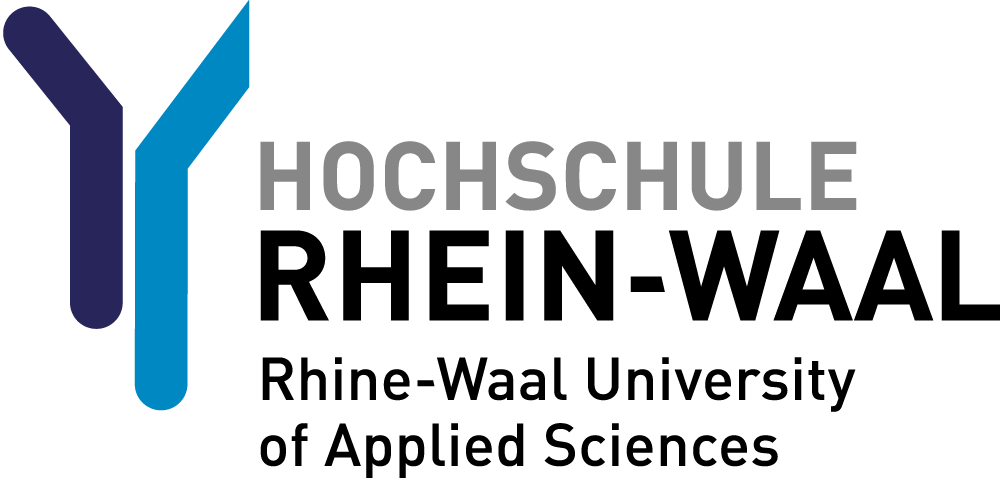Lebenswandel durch Unterstützung und Beteiligung

Unsere Mission
Das Zentrum für Assistenz und Teilhabe bündelt Forschungsaktivitäten der Hochschule Rhein-Waal (HSRW) und beteiligter Partner aus Industrie und Forschung aus den unterschiedlichsten Disziplinen in transdisziplinärer Weise. Als interdisziplinäres Team erforschen, designen und entwickeln wir dabei technische kognitive Assistenzsysteme, welche den Menschen und dessen Bedürfnisse und Werte in den Mittelpunkt stellen.
Our Mission
The Center for Assistance and Participation combines research activities of Rhine-Waal University of Applied Sciences (HSRW) and participating partners from industry and research from various disciplines in a transdisciplinary way. As an interdisciplinary team, we research, design and develop technical cognitive assistance systems that focus on people and their needs and values.
We focus primarily on the following areas of life:
- Work
- Living and care
- Mobility
Furthermore, with a holistic-participative approach, social, economic, work and organizational psychological as well as ethical / legal or other effects are considered, which are caused by a creation or a lack of assistance offers or participation possibilities. In doing so, we prioritize the Open Science approach and will make research results, data sets and technical innovations freely accessible.
Thematic Focus
CAsPar is divide into four research units, each focusing on a specific thematic priority:
F-01 Human Cognition
Human cognition from a psychological as well as a neuroscientific perspective.
F-02 AI Cognitive Tools
Artificial intelligence methods (symbolic AI and connectionist models).
F-03 Human Factors
Human factors and usability engineering in human-machine interaction.
F-04 Social and Economic Factors
Economic, societal and social science research.
Technical Cognitive Assistance System
A cognitive assistance system is a digital system that supports people in certain situations (possibly restricted to certain locations) in carrying out goal-oriented actions, so that goal achievement becomes more efficient or so that safe goal achievement is only made possible by the support. For this purpose, the system is equipped with interfaces between the digital world and the environment, with which it can perceive the desired context of action, the users and important objects. The system draws conclusions from this data, understands the situation at hand, plans the support, and executes necessary actions.
